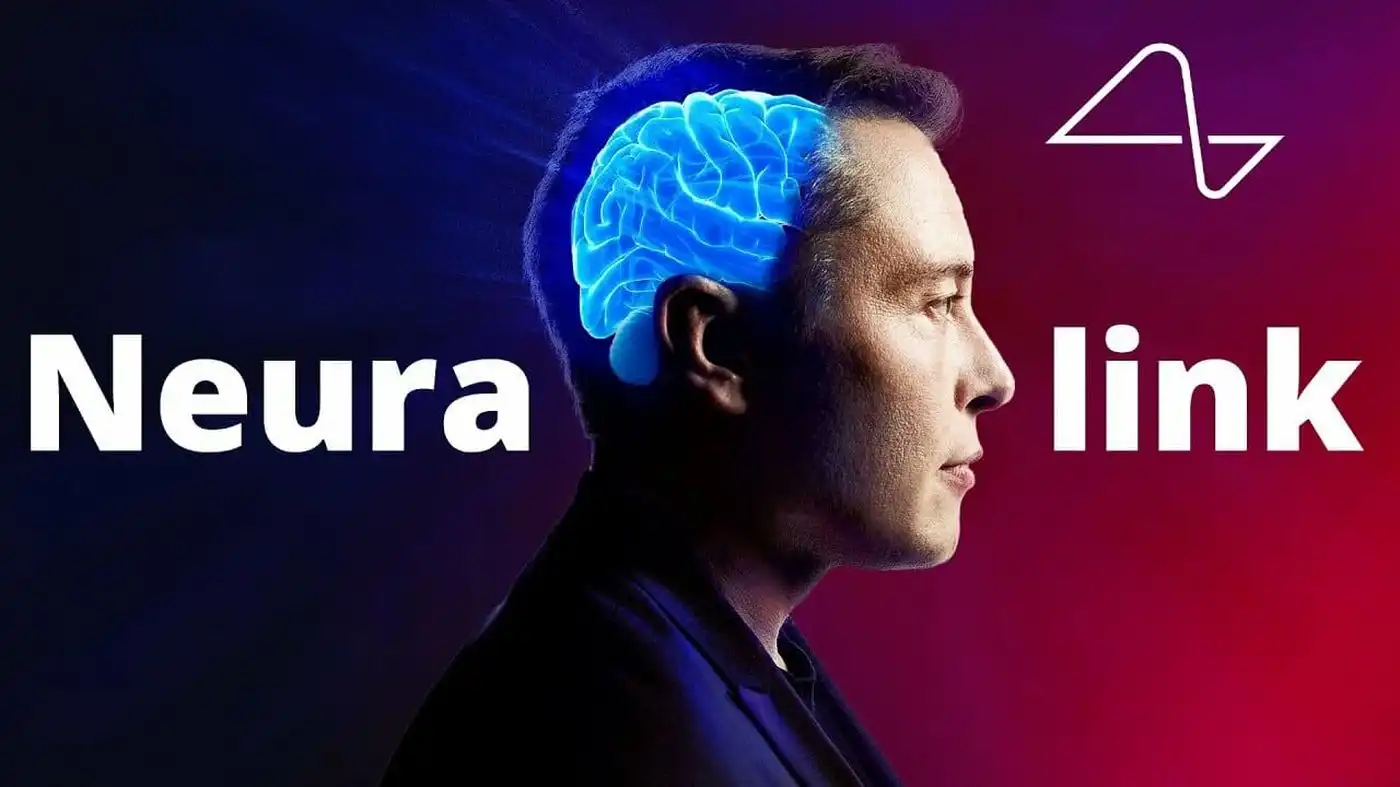Elon Musks Company Neuralink Implants Brain Chips In Humans
Elon Musk's Neuralink successfully implants wireless brain chip in human, paving the way for telepathy and restoring autonomy to paralyzed individuals.
Elon Musk, the CEO of X (formerly known as Twitter), has made an astonishing claim about the success of his company, Neuralink. According to Musk, the company has achieved a major milestone by successfully implanting one of its wireless brain chips in a human for the first time ever.
In a post on X, Musk revealed that the recipient of the implant is doing well and that the initial results are showing promising neuron spike detection. Neuron spikes are the activity of cells in the brain that use electrical and chemical impulses to transmit information throughout the body.
Musk also announced that Neuralink's first product will be called Telepathy, which he claims will allow users to control their phones, computers, and other devices simply by thinking. He emphasized that the initial users of this technology will be those who have lost the use of their limbs, with the goal of enabling communication at a faster pace than a speed typist or auctioneer, as exemplified by the late Stephen Hawking.
The US Food and Drug Administration (FDA) has approved Neuralink's first trial research to test its implant on humans. The trial, known as "The PRIME Study," aims to examine the safety of the implant and surgical robot, as well as its capability to allow paralyzed patients to control external devices with their thoughts.
During the study, the R1 Robot will be used to surgically place the N1 Implant's ultra-fine and flexible threads in a region of the brain that controls movement intention. Once in place, the N1 Implant is designed to record and wirelessly transmit brain impulses to an app that decodes movement intention.
The ultimate goal of Neuralink's brain-computer interface (BCI) is to enable users to control a computer cursor or keyboard solely through their thoughts. The PRIME Study is being conducted under an experimental device exemption (IDE) granted by the FDA and represents a significant step in Neuralink's mission to develop a broad brain interface to restore autonomy to individuals with unmet medical needs, such as those with quadriplegia due to cervical spinal cord injury or amyotrophic lateral sclerosis (ALS).











Comments on Elon Musks Company Neuralink Implants Brain Chips In Humans